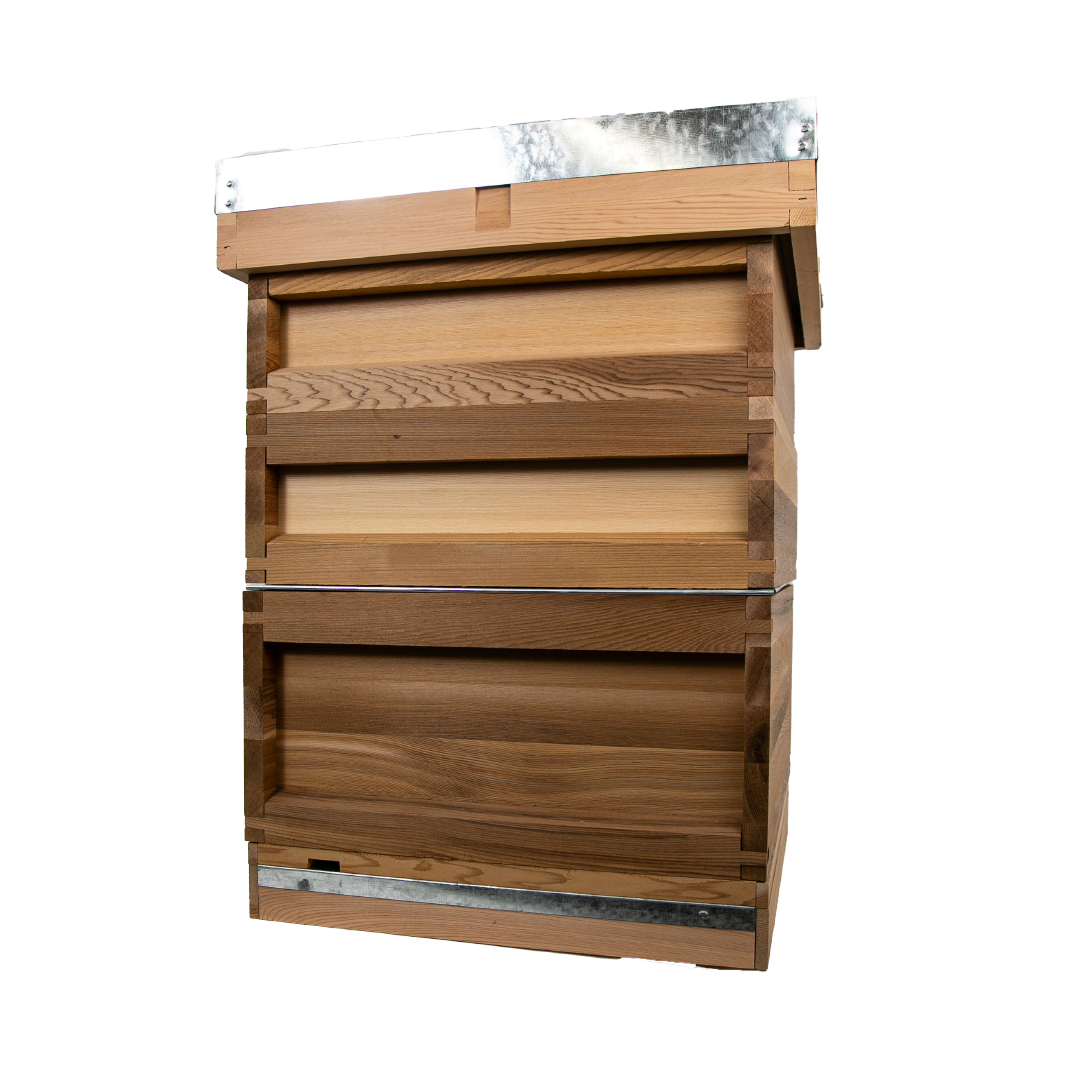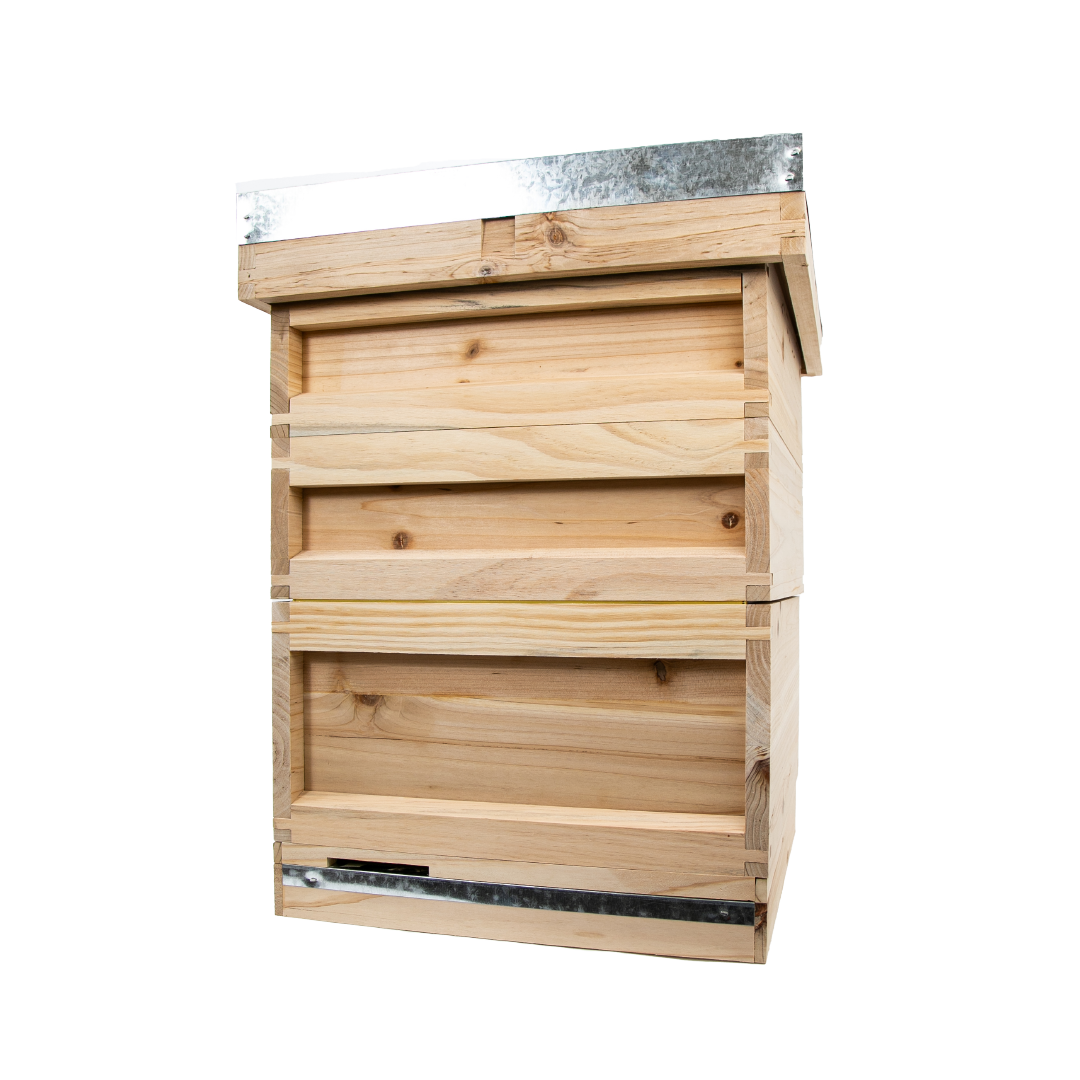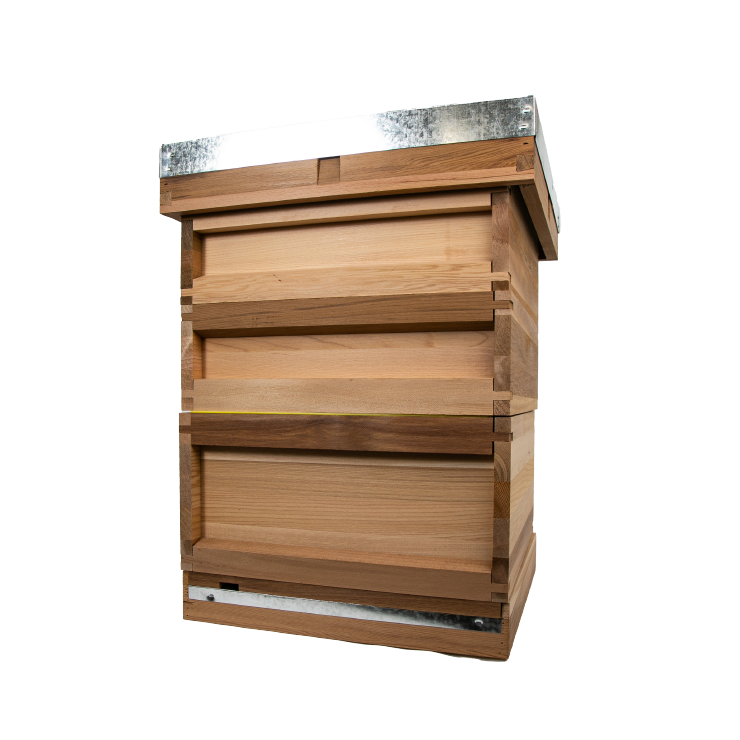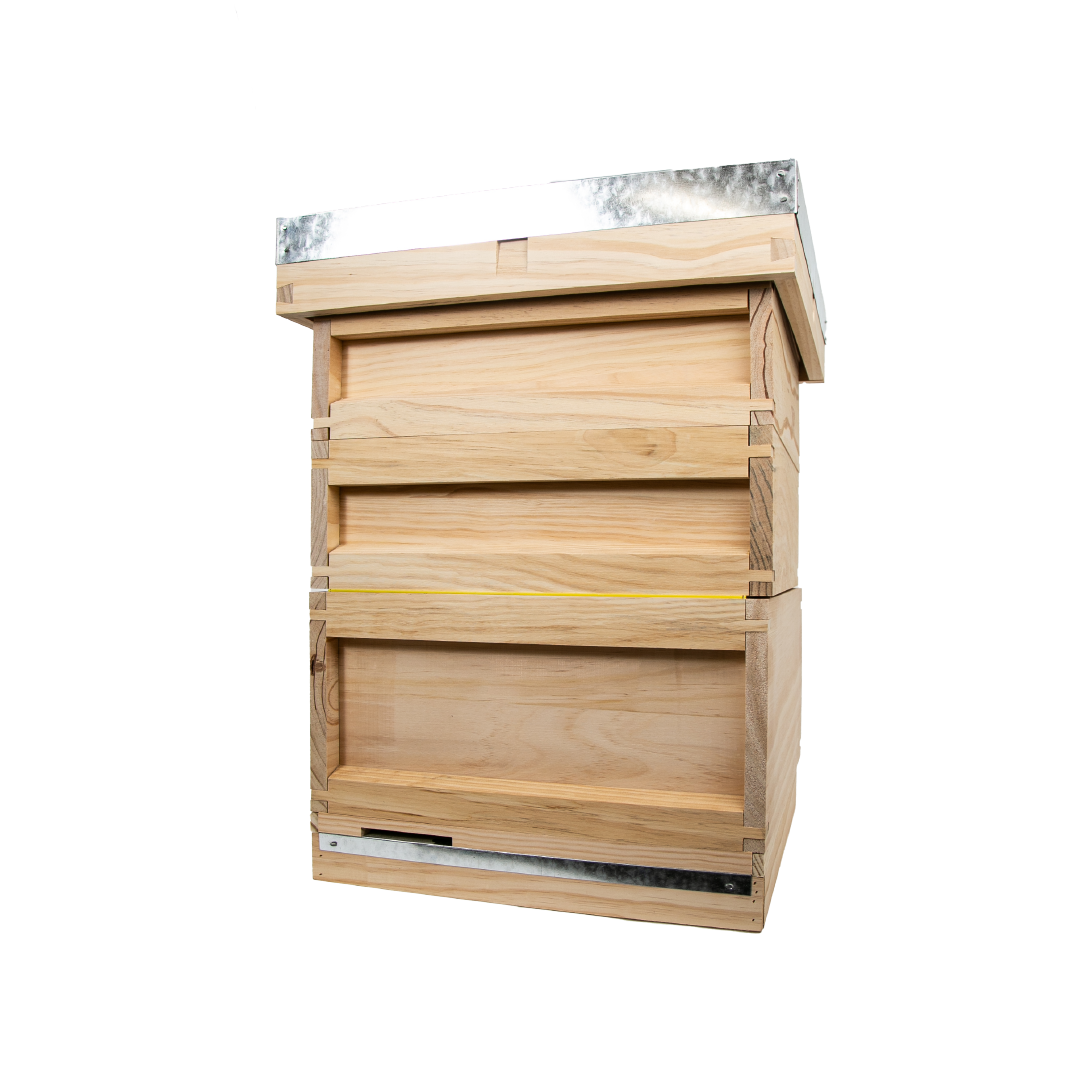Our Mission
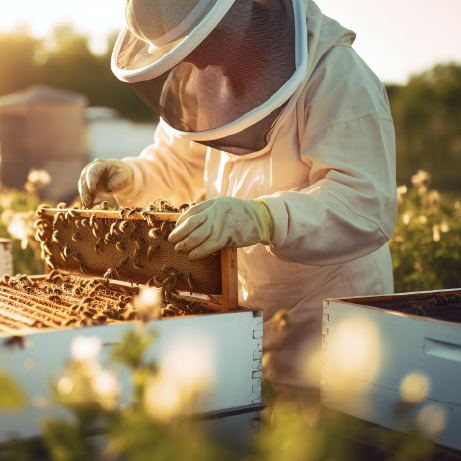
Empowering Beekeepers
We want to ensure that you have the equipment and knowledge you need to get the most out of caring for your bees. Whether you’re wanting to start a rewarding new hobby, continue a generational legacy of beekeeping, or you’re looking to create a business selling bee-products, the beekeeping community is ready to welcome you.
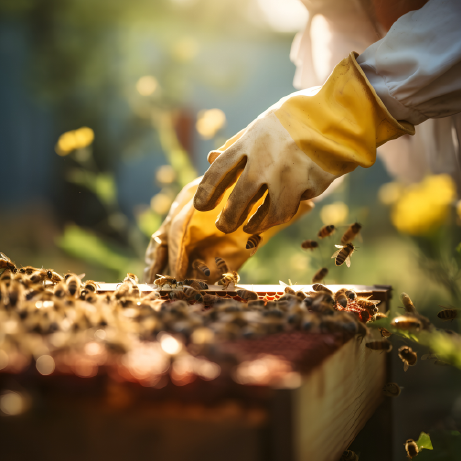
Nurturing Bees
Bees are under threat. Climate change, pesticide use, and loss of habitats (to name just a few) are causing a decline in bee populations. Beekeeping provides shelter, a safe nesting area, and (preferably) good access to a safe water source and nectar-rich, chemical-free plants, allowing bee health to improve and populations to thrive.
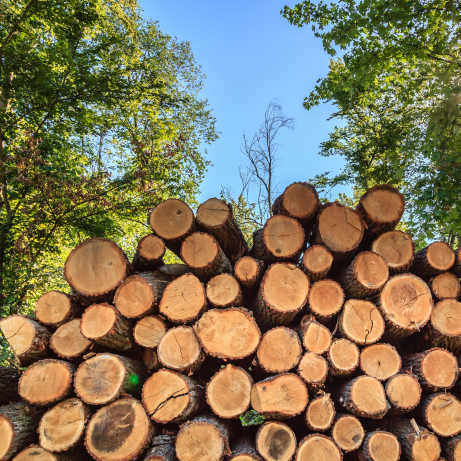
Preserving Nature
Many plants rely on bees for survival with many animal species relying on these bee-pollinated plants for their own survival (including humans). So caring for bees is so much more than just preserving nature locally. Caring for bees is essential for preventing an environmental collapse and the extinction of many species of plants and animals.
Our customer reviews
Wood Options
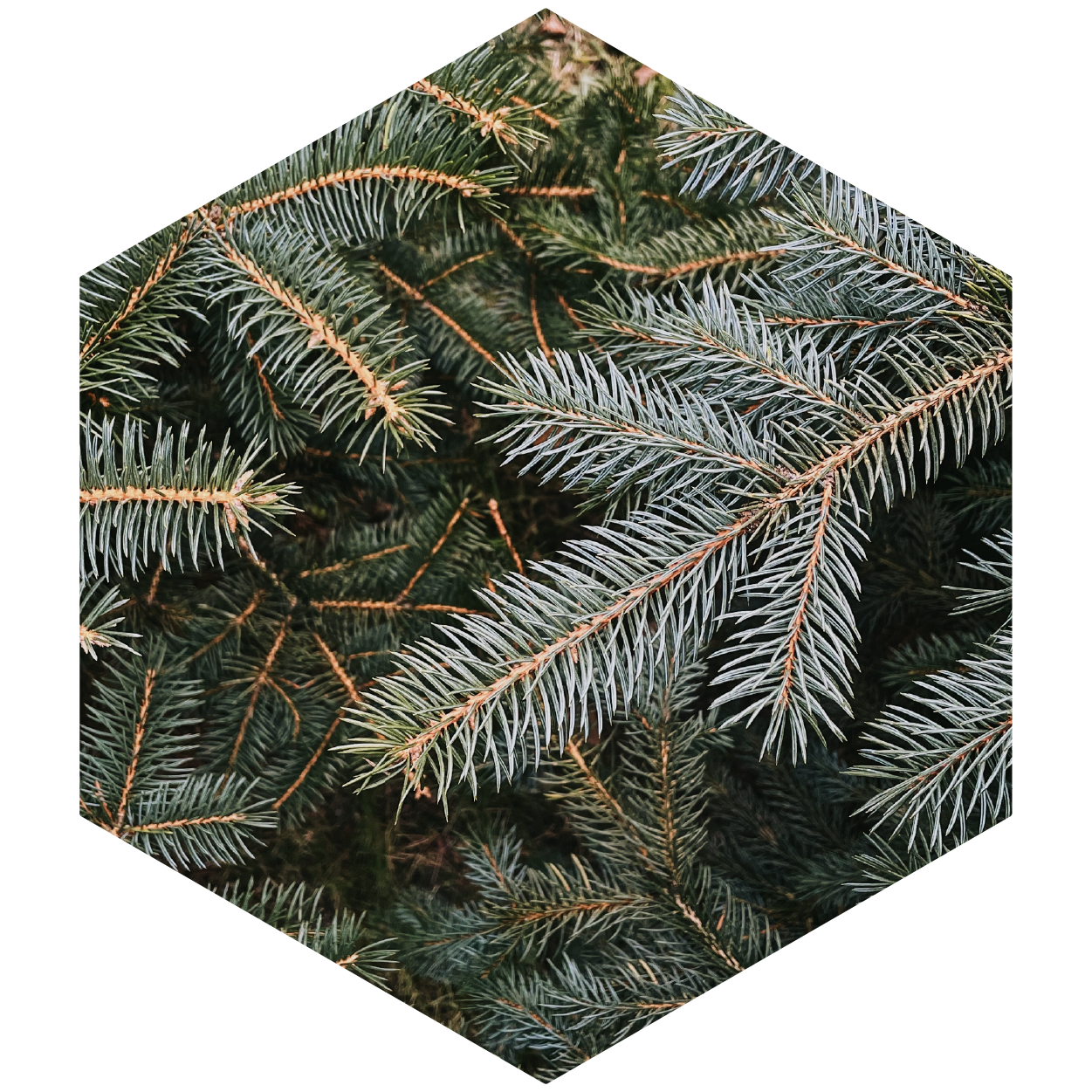
Fir
Fir has non-porous, tight close-grain lines making it a strong wood with weather-resistant properties.
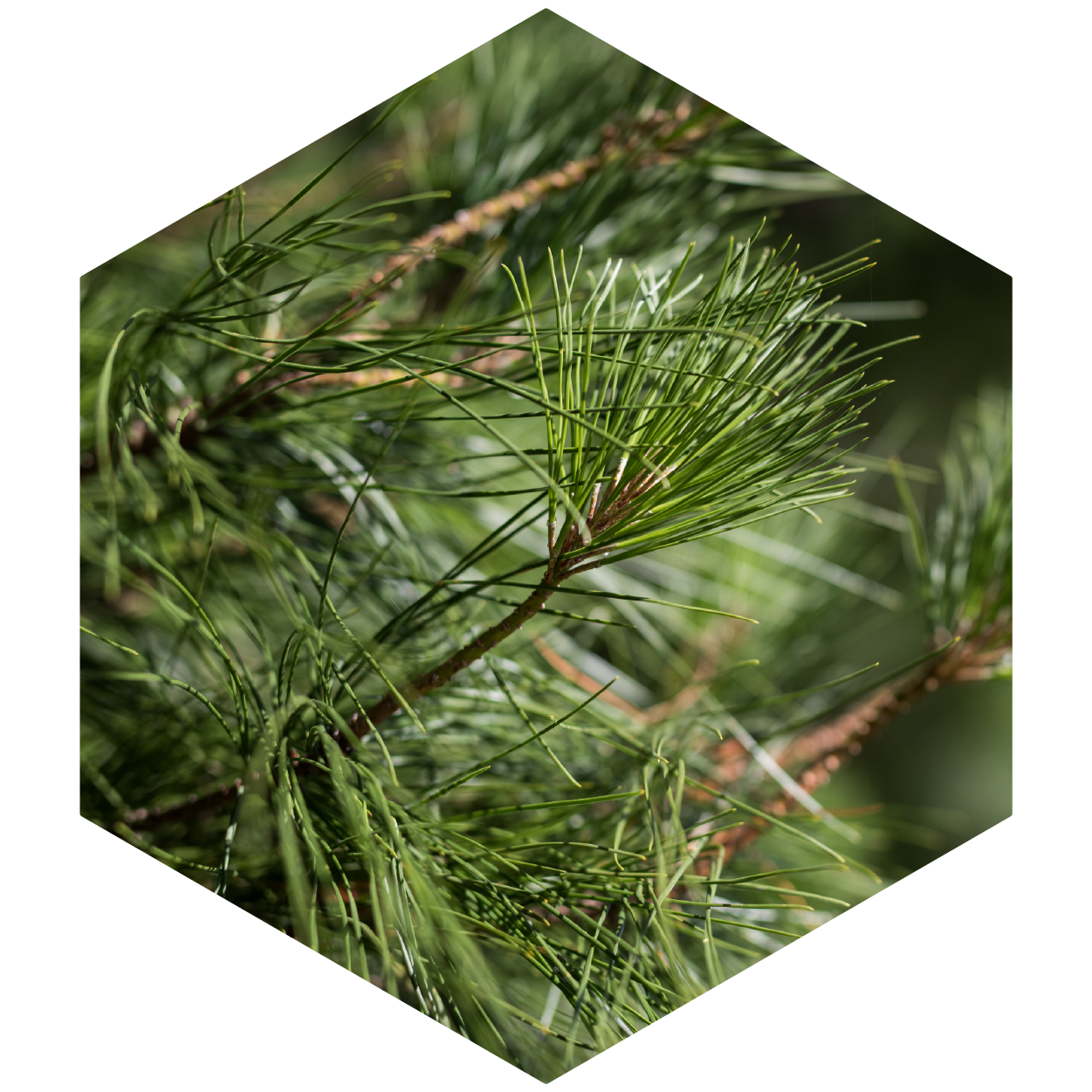
Pine
A commonly used stable wood with a clear, straight and tight wood grain, providing great insulation.
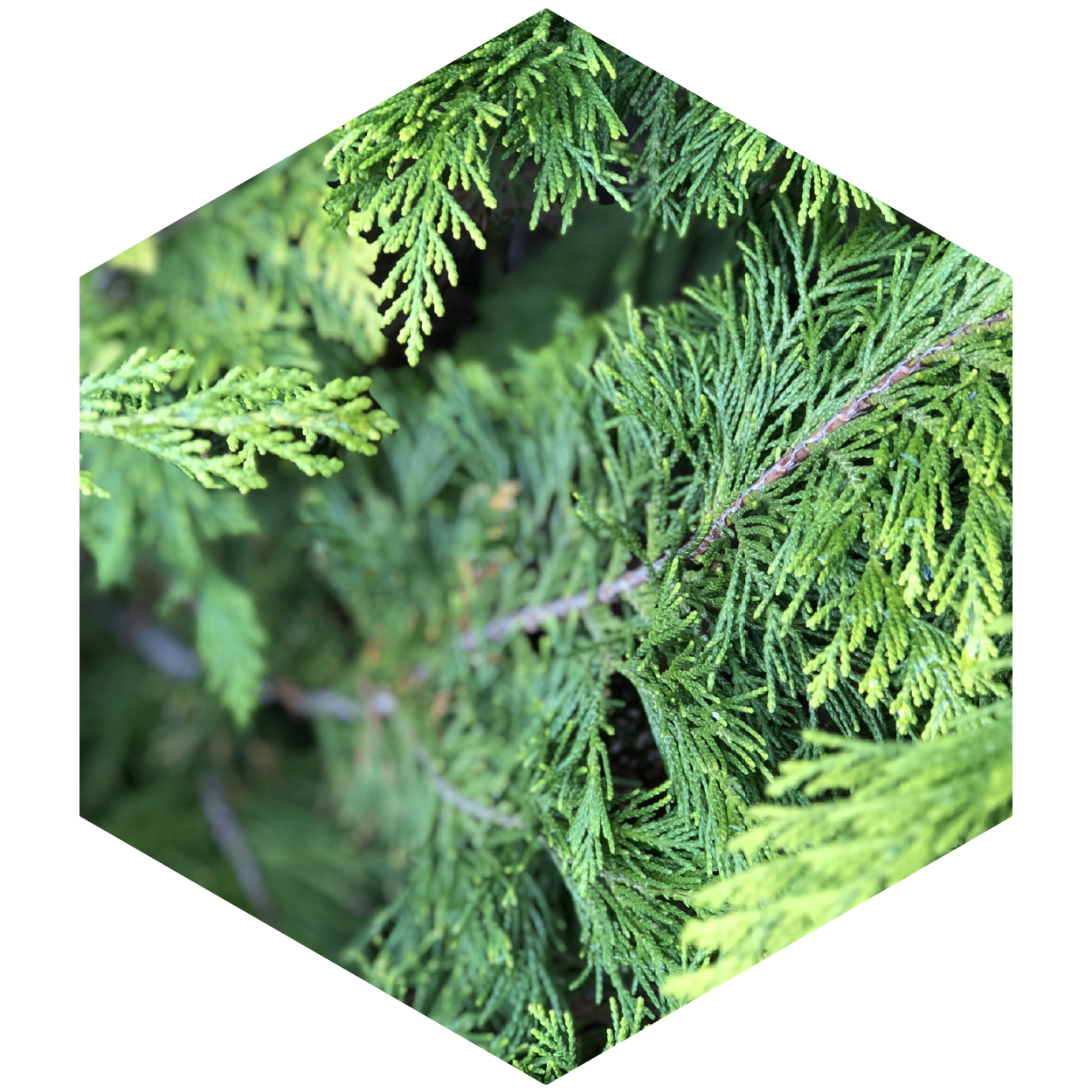
Cedar
Full of natural oils ensuring the wood is durable, long lasting, and has a beautiful look and smell.
FAQs
What size is a Hiveology hive?
Our Hiveology national hives have the following measurements:
H 65cm x W 46cm x D 46cm
Is the hive delivered assembled or flat-packed?
Hiveology hives come flat-packed for easy transportation and delivery. The hive is then easy to assemble at home by following the digital instructions on our website.
Do I need to paint or stain my hive?
It isn’t essential for your hive to be painted, but if you want to keep it in top condition for as long as possible, it’s a good idea to provide it with some protection. If you do decide to paint your hive, only paint the outside of the hive as the bees will protect the inside.
When considering painting your hive, it might be useful to consider the type of wood it’s made from. Cedar wood are naturally weather-resistant. Therefore, cedar hives are less likely to need painting, especially in their first few years. However, over time, painting the hive might be useful to restore the wood quality. On the other hand, fir and pine wood is less weather-resistant, meaning it should be painted to protect it from the elements.
What colour to paint your hive is up to you. You could use a stain to keep it natural, paint it in colours to blend it into its surroundings, or you could get creative and paint your hive in bright colours, with a pretty pattern, or an intricate design. However, when choosing your hive colour, it’s important to remember that the colour you choose will affect the temperature of the hive. To keep the hive cool during the summer, paint it in light colours. On the other hand, if your summers don’t get very warm, using darker colours will help to keep your hive warmer.
What are the different parts of the hive for?
Hiveology hives have everything you need to create a productive, safe, and homely environment for your bees. But what parts make up the hive and why are they needed?
Roof
This is the top section of the hive that protects it from the weather. Hiveology hives have flat wooden roofs with weather-resistant metal covers.
Crown board
The crown board is a thin layer of wood with a couple of holes. This section of the beehive can serve multiple purposes including providing a cover for the frames and making it easy to feed the bees.
Supers
Supers are where the delicious magic happens. Housing the frames and foundation sheets, bees store their honey in the supers. At Hiveology, our hives are made up of 2 supers with 11 frames and 11 foundation sheets in each, creating plenty of space for your bees to buzz up some tasty fresh honey.
Queen excluder
This part of the hive allows worker bees into the supers to produce honey. However, due to their size, the queen bee cannot pass through the queen excluder. This ensures that the queen lays her eggs in the brood box instead of the supers. Before the development of the queen excluder, harvesting honey would destroy the eggs that were laid in the same frame, ultimately damaging the size of the bee colony. Therefore, the queen excluder is an important part of the hive to ensure the bee colony is well-maintained and healthy while still allowing for the harvesting of honey.
Brood box
The queen excluder keeps the queen bee in the brood box where she lays her eggs and the larvae are reared. Like the supers, our brood boxes include 11 frames and 11 foundation sheets but these frames will have eggs towards the centre of the hive and honey towards the outer frames. However, this area is purely for housing the brood, meaning the honey stored here will not be harvested.
Floor
The floor of beehives can be made from solid wood or mesh. Hiveology hives have mesh floors which are better for ventilation and tackling the increasing problem of varroa. When varroa fall out of the brood box frames, a mesh floor means they fall out of the hive rather than a solid floor which allows them to climb back up and feast on the bee larvae.

